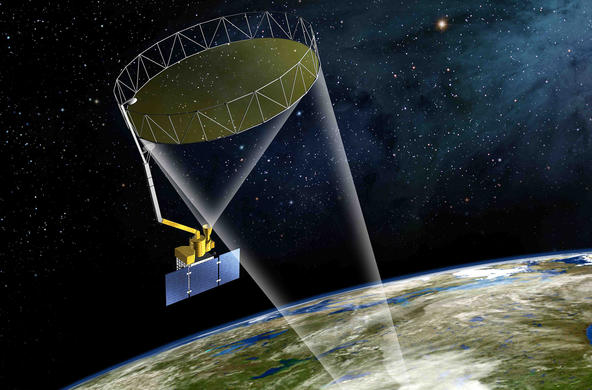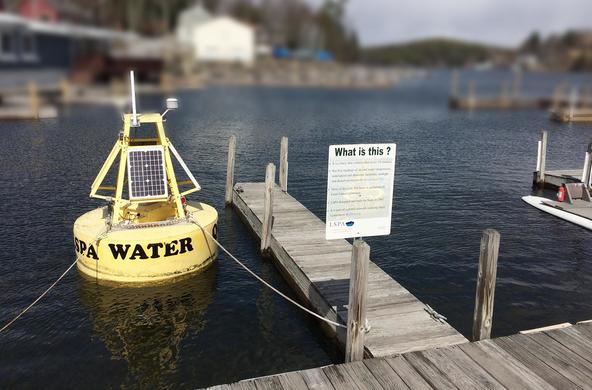“Some environmental datasets are so integral to our understanding of the world around us and our place in it that leaving their continuation to the vagaries of fate or government funding cycles is illogical and irresponsible.” So reports a Letter, published today in Science by a team of leading ecologists calling for the designation of World Heritage Datasets.

Long-term datasets such as CO2 measurements at Mauna Loa Observatory in Hawaii (Keeling Curve), cherry blossom dates in Kyoto, Japan, and precipitation and stream water chemistry at Hubbard Brook in New Hampshire have provided information vital to science-based environmental policy, resource management, and climate change adaptation. But the future of these and other vital datasets hangs in the balance due to funding threats and weak support infrastructure.
The authors note that “high-impact, long-term datasets that document our changing environment are a part of our cultural heritage,” and “by establishing the value of long-term environmental records, World Heritage designation would help secure funds, ensure data longevity and accessibility, and encourage the creation of new datasets of significance for understanding global change.”

Authors of the letter include:
Emma J. Rosi, Cary Institute of Ecosystem Studies, Millbrook, NY
Emily S. Bernhardt, Dept. of Biology, Duke University, Durham, NC
Christopher T. Solomon, Cary Institute of Ecosystem Studies, Millbrook, NY
Gene E. Likens, Cary Institute of Ecosystem Studies, Millbrook, NY; Institute of the Environment, University of Connecticut, Storrs, CT
William. H. McDowell, Department of Natural Resources and the Environment, University of New Hampshire, Durham, NH
Irena F. Creed, Department of Physical and Environmental Sciences, University of Toronto, Toronto
Corresponding author Emma J. Rosi - rosie@caryinstitute.org
Access the letter at: https://www.science.org/doi/10.1126/science.adg0508






